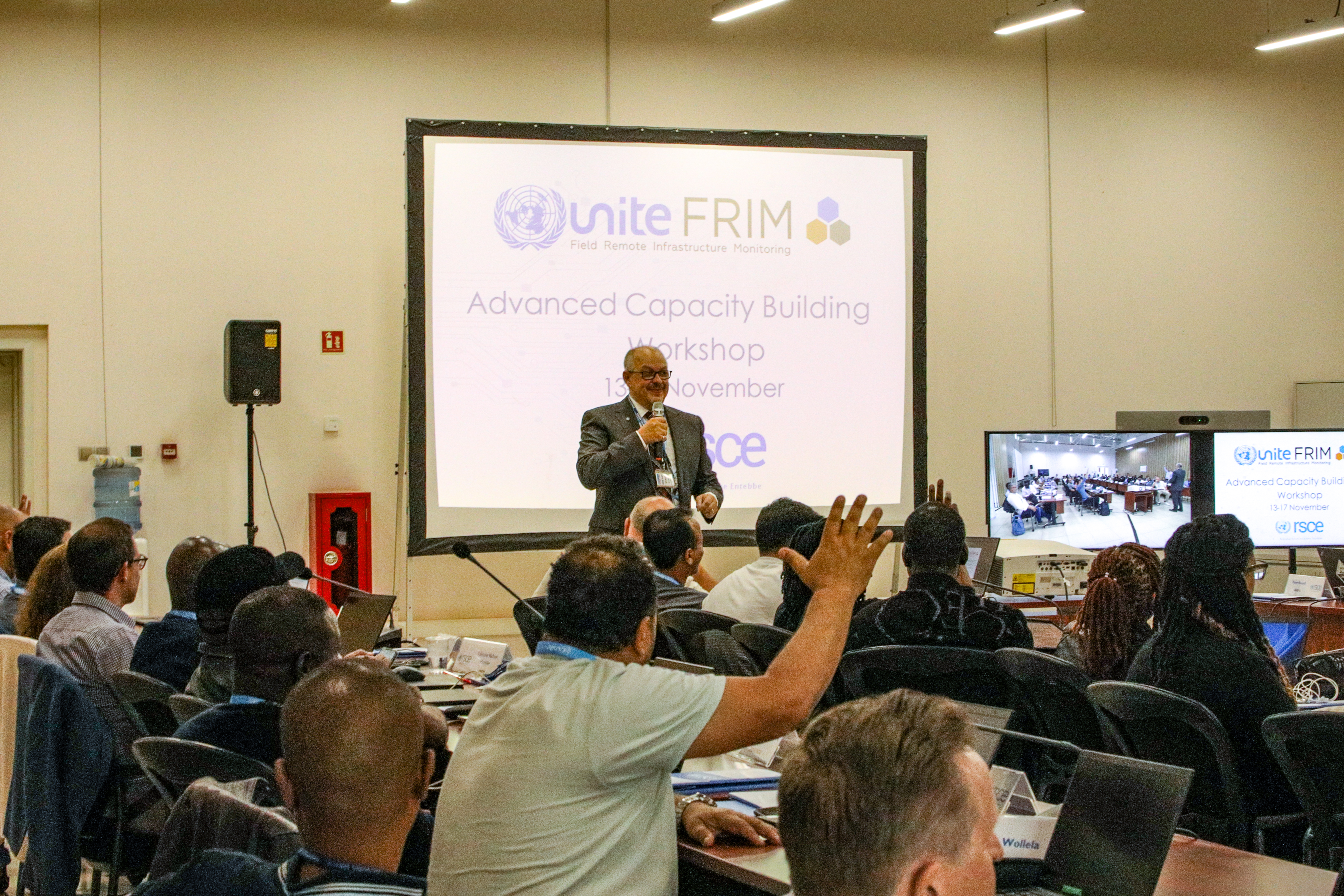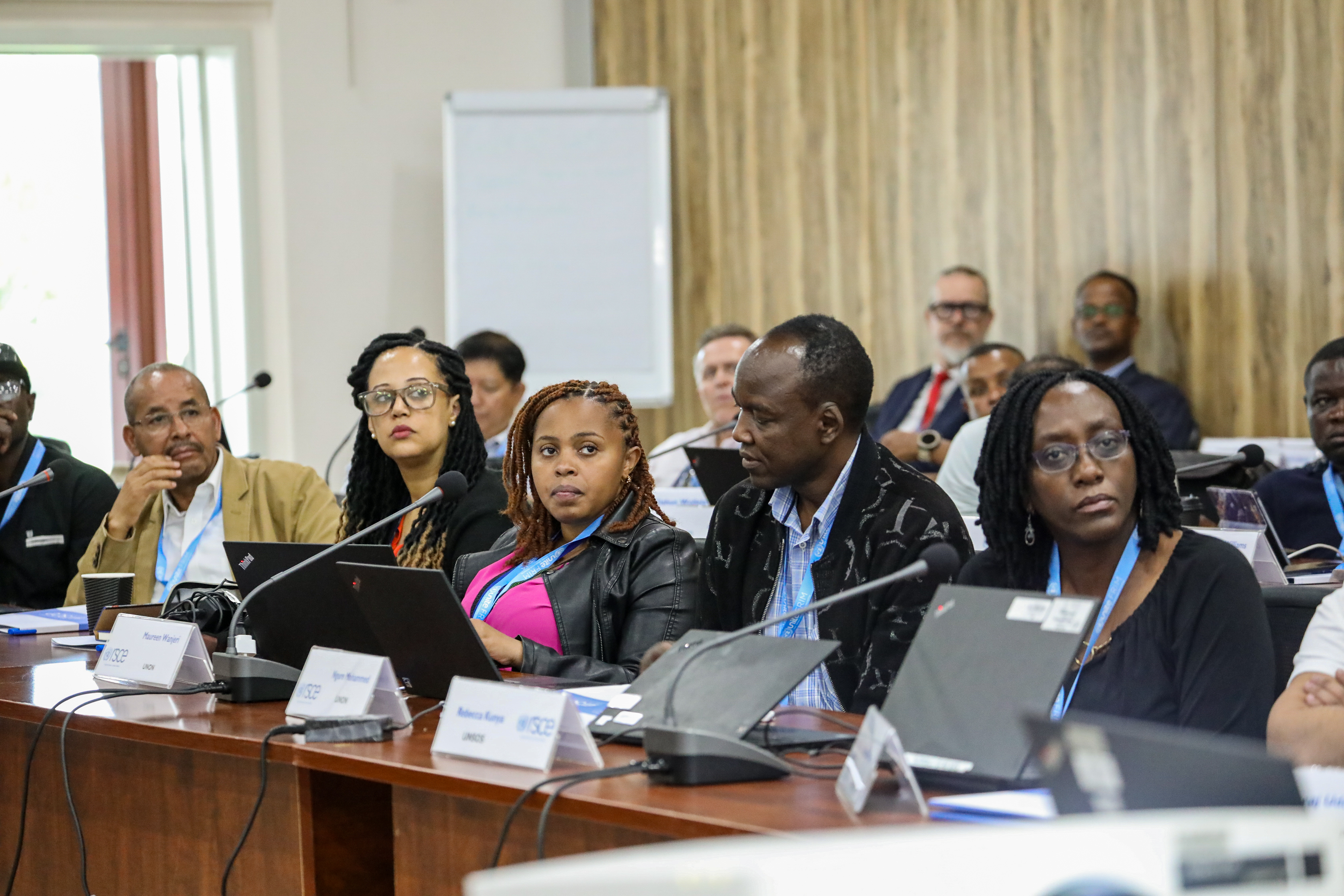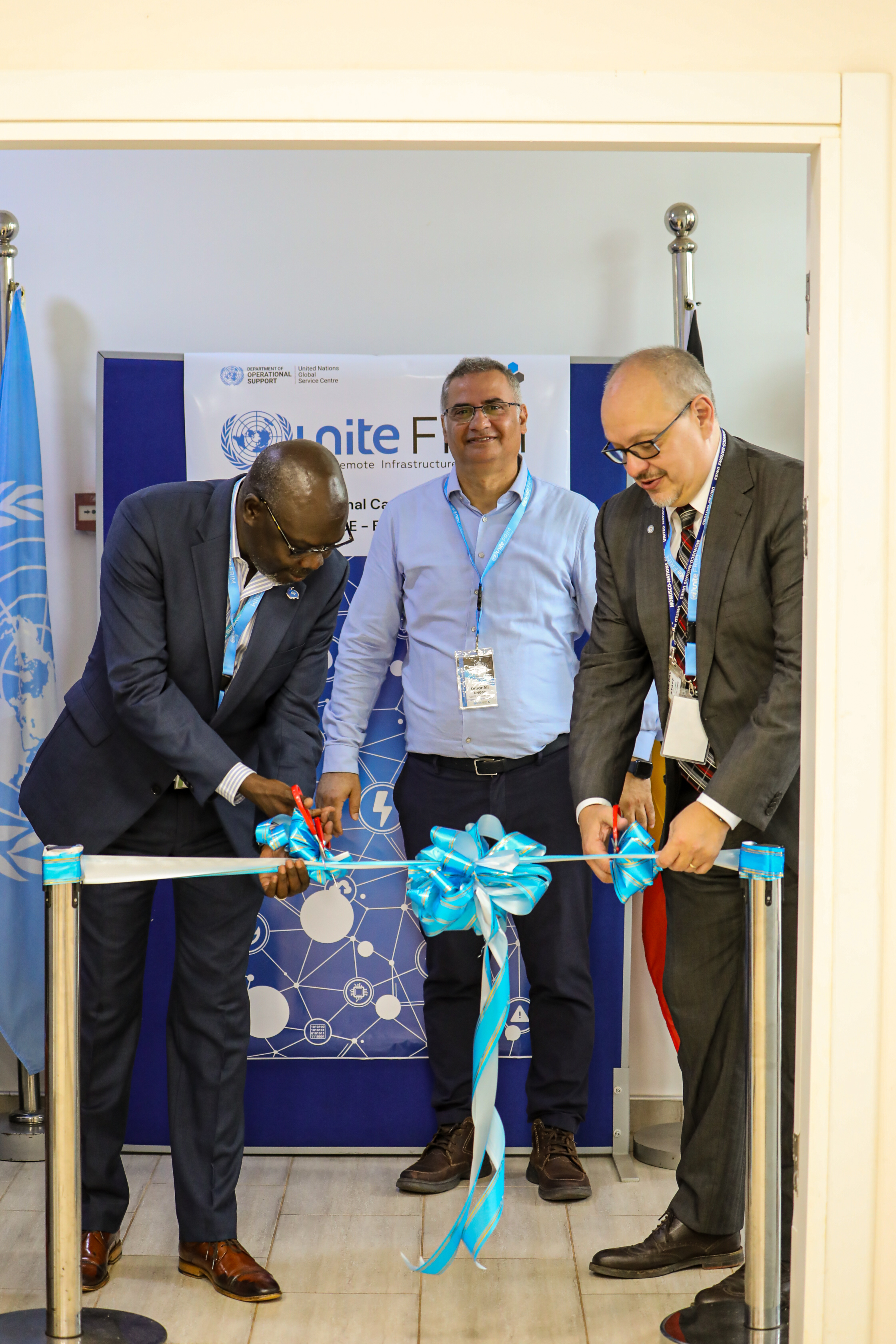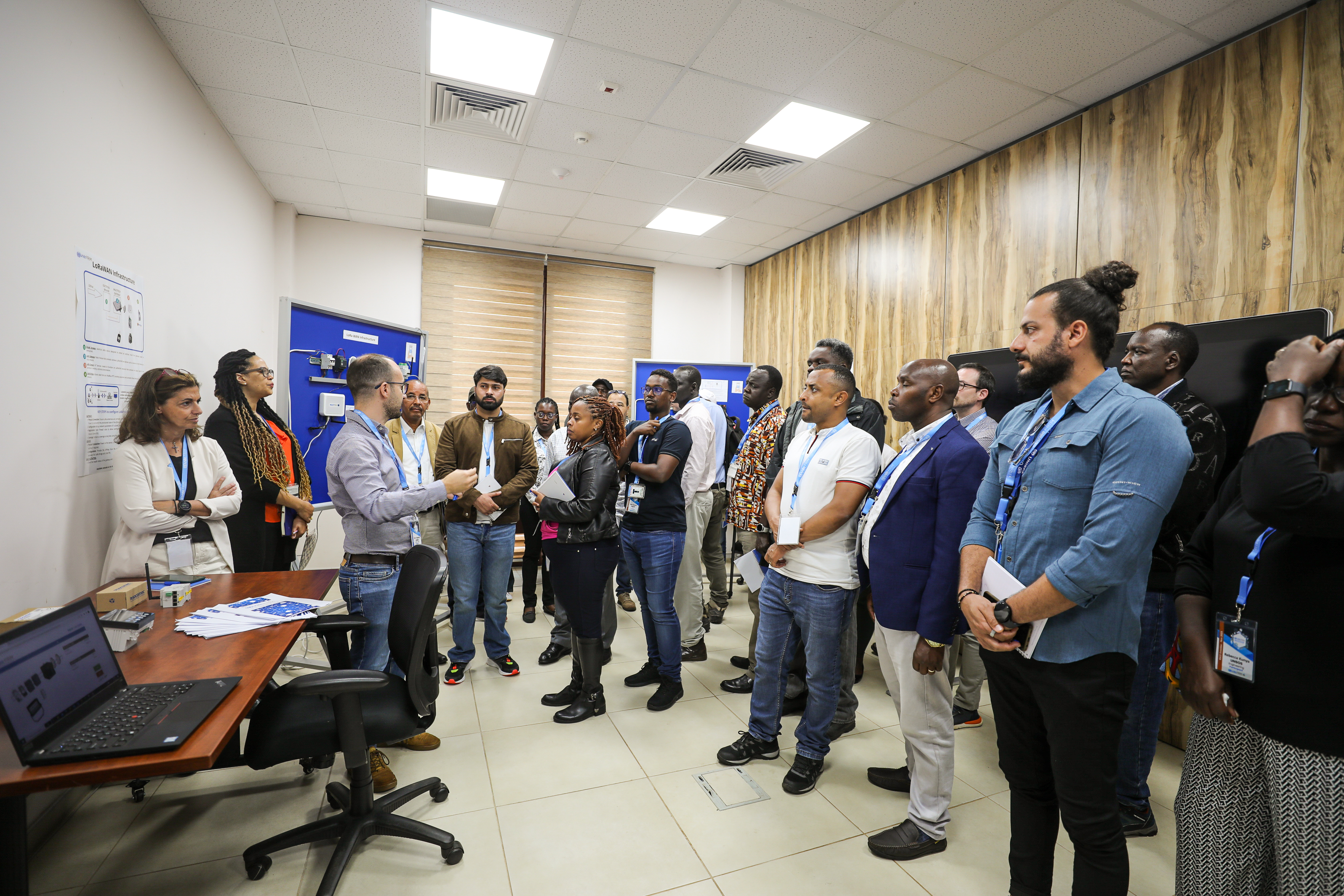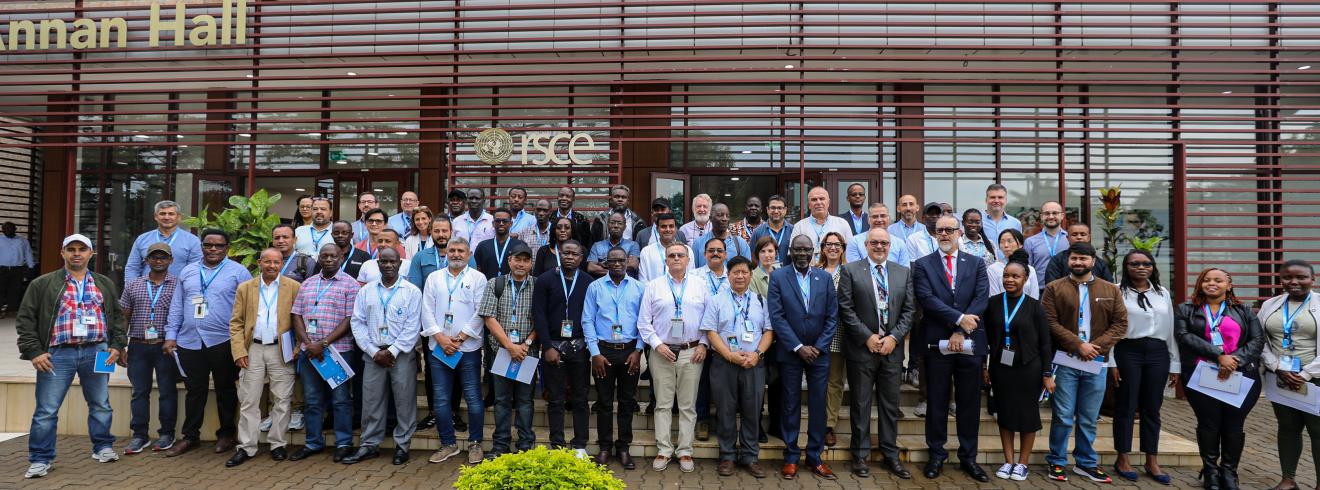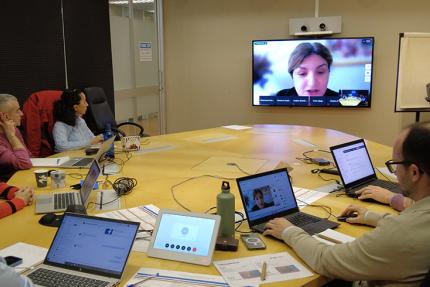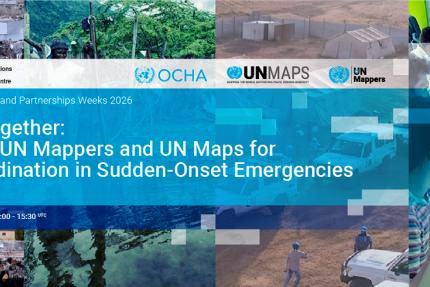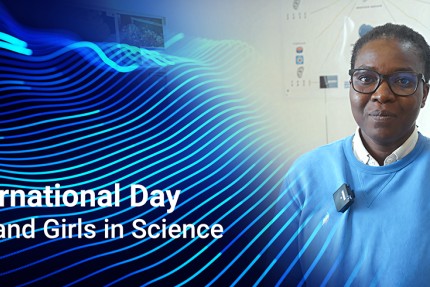The United Nations system is engaged in a digital transformation. However, technology alone is not enough. Building the capacity of staff to take full advantage of new technological tools is critical. The United Nations Global Service Centre (UNGSC) is supporting this process, working closely with field missions and other partners to tailor digital technology solutions to their unique needs and ensuring they possess the skillsets to utilize them.
A key example is the Unite FRIM (Field Remote Infrastructure Monitoring) initiative, a scalable Internet of Things (IoT) ecosystem for data-driven resource management and responsible consumption. With real-time data collection and analysis, enabled by monitoring and connecting smart infrastructure and equipment, such as water meters, energy meters, and fuel meters, Unite FRIM helps support compliance with environmental and resource consumption goals.
Already implemented in 17 Peacekeeping and Political Missions, as well as in UNGSC and RSCE, the initiative is constantly expanding as new technologies emerge. The latest Advanced FRIM Capacity Building Workshop, hosted at the Regional Service Center in Entebbe (RSCE), has drawn 60 participants from 12 missions and entities in the African region, eager to learn about the exciting new functionalities being integrated into the FRIM platform.
Truly game-changing features being presented include remote-control functionalities for IoT devices, such as:
- Automated Generator-Fuel Refueling, to reduce the risk of power outages and fuel theft and increase equipment operability.
- Automated Irrigation and Draining Sumps, to reduce the risk of inundation, the contamination of drinking water, and the strain on camps’ human resources.
- Remote Control and Automated Lighting, to increase energy efficiency and integrate renewable energy sources.
In addition to becoming familiar with these new developments, participants are also acquiring competencies regarding IoT technologies, as well as in Data Management and Analytics. As emphasized by RSCE Director Mr. Paulin Djomo Metanhi in his opening remarks, effectively leveraging the data collected via the Unite FRIM platform is vital to address needs on the ground.
The Workshop also marked the inauguration of the first Regional FRIM Capacity Building Lab, a facility dedicated to providing continuous IoT learning for staff in the African region. “The first Regional Capacity Building Lab is an outcome of the successful partnership between RSCE and UNGSC,” noted Michel Bergeron, Chief of UNGSC’s Digital Technology Services.
Mr. Emmanuel Ngor, Regional Field Technology Service Chief at RSCE remarked, “The Field Remote Infrastructure Monitoring (FRIM) capability has great potential and continues to evolve beyond its core purpose of ICT infrastructure monitoring. The Centre is privileged to host the FRIM Workshop for the second time and to establish the first Regional FRIM Capacity Building Lab in Entebbe.”
The Workshop and Lab are steppingstones towards transformation in the field. As participants return to their respective Missions, the insights they have gained will enable them to leverage FRIM - IoT technologies in service of their operational needs.
To learn more, contact unitefrimpmo@un.org and Omar Ali, Unite FRIM Programme Coordinator alio@un.org
UNGSC is part of the UN Office of Supply Chain Management (OSCM), Department of Operational Support. The workshop was organized by the UN Office of Supply Chain Management (OSCM) and the Office of Information and Communications Technology (OICT), in collaboration with UNGSC and RSCE.

